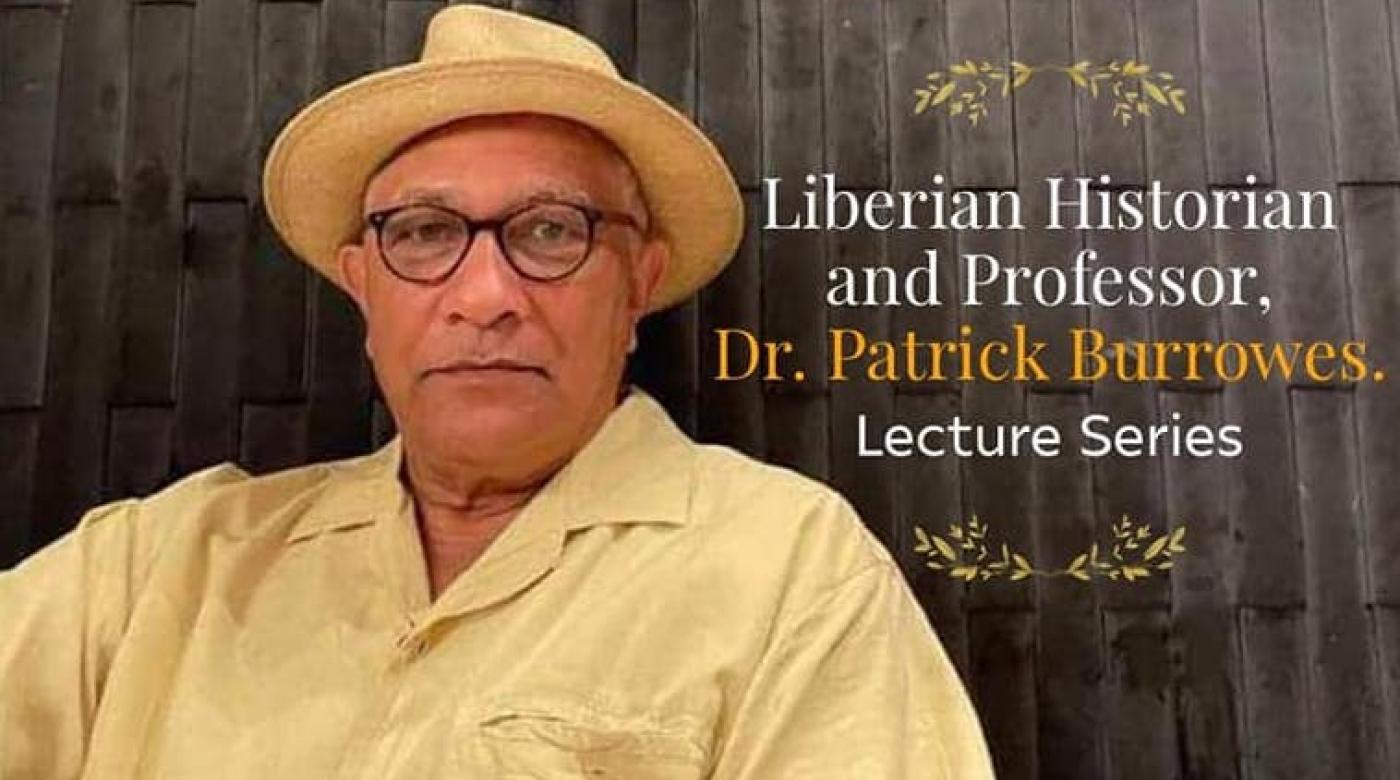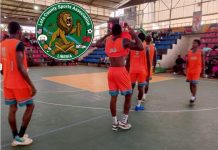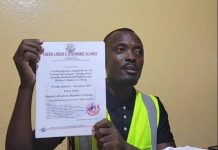Africa-Press – Liberia. The year 2022 marks the 200th anniversary of Liberia’s founding. The nation was launched by a coalition of repatriates from the United States, recaptives taken from slave ships, and African abolitionists.
They were united by a desire to end the traffic in African captives, which had devastated West African coastal societies for centuries, including the Windward Coast. Acting together, Liberians from various parts of Africa and its Diaspora was the first to abolish the dastardly traffic in West Africa!
The heroic effort of those first Liberians has been buried beneath myths for nearly 200 years. Their story was first presented last year by Prof. C. Patrick Burrowes in his book “Liberia and the Quest for Freedom.”
The book is available from Amazon and www. knowyourself. press.
It will be on the Liberian market in February.
Prof. Burrowes is Liberia’s leading historian. His books include Between the Kola Forest and the Salty Sea: A History of the Liberian People Before 1800 and From Virginia Slave to African Statesman: Hilary Teage (1805-1853).
Among other positions, Burrowes served as Carter G. Woodson Distinguished Professor at Marshall University. He is one of only two dozen persons of African descent ever appointed to an endowed chair in rank.
And in partnership with Radio Monrovia, an audio version of his Quest for Freedom book will be broadcast from Dec. 13, to Jan. 22.
Every Saturday, an online discussion of the previous week’s broadcast will take place at www. quest for freedom. co. Listeners can also post questions and comments there.
The series will begin with the story of how an estimated 12.5 million captives were carried from Africa to the Americas between 1514 and 1866.
The human loss included 2.5 million who died in Africa en route to the coast and 1.8 million who perished during the Atlantic crossing. Most captives from the Windward Coast went to the Caribbean. Within the Caribbean region, the largest number of Africans went to Guyana, Surinam, Jamaica, Barbados, Grenada, Antigua, and Dominica.
Episode 2 tells how the slave system in the Americas progressed and the push back against it. As some whites were engaged in unspeakable acts of evil, they and their allies crafted endless stories that featured themselves as “saviors” and blacks as “less than human,” to sanitize their crimes.
Such racist ideas are still widely accepted, Burrowes said. After the American War of Independence and the French Revolution, black demands for freedom intensified and quickened. As the leaders of those upheavals had done, blacks, too, began insisting, “Give me liberty, or give me death.”
Episode 3 presents the story of Jacob Von Brunn, one of the many indigenous Liberians who opposed the slave trade. While he was a child, his mother and sisters were kidnapped and sold into slavery in the Americas. Von Brunn, who was the ruler of his Bassa clan and a Baptist pastor wrote, “The cries of scores of poor helpless orphans standing on the shores of Africa with a deluge of tears and gazing on the mighty deep because the dearest relatives were carried over, is originated by that cussed system of the slave trade.”
Episode 5 includes the story of a slave ship named Pons, which was towed by a U. S. Navy anti-slavery vessel into Monrovia with 764 Congolese aboard on Dec. 14, 1845. A U. S. naval officer noted, “The stench from below was so great that it was impossible to stand near the hatchways more than a few moments. Our men who went below from curiosity were forced up sick in a few minutes. Then, all the hatches were off. What must have been the sufferings of these poor wretches when the hatches were closed.”
Regarding the legacy of that period, Prof. Burrowes noted, “the slave trade was far more than a crime against humanity. It was millions of such crimes bundled into one. By pretending they did not happen, we destroy our ability to tell right from wrong or to discern victims from villains.”
Quest for Freedom Broadcast Schedule on Radio Monrovia
Monday
Tuesday
Wednesday
Thursday
Friday
Saturday
Sunday
Dec. 13
Dec. 14
Dec. 15
Dec. 16
Dec. 17
Dec. 18
Dec. 19
11:30 am-12:00 pm Episode 1: In the Beginning …
5:30 pm-6:00 pm Episode 1: In the Beginning …
Online
Dec. 20
Dec. 21
Dec. 22
Dec. 23
Dec. 24
Dec. 25
Dec. 26
11:30 am-12:00 pm Episode 2: Guns, Rum & Rebellion
5:30 pm-6:00 pm Episode 2: Guns, Rum & Rebellion
Online
Dec. 27
Dec. 28
Dec. 29
Dec. 30
Dec. 31
Jan. 1
Jan. 2
11:30 am-12:00 pm Episode 3: Mr. Gunpowder, the Slave Buyer
5:30 pm-6:00 pm Episode 3: Mr. Gunpowder, the Slave Buyer
Online
Jan. 3
Jan. 4
Jan. 5
Jan. 6
Jan. 7
Jan. 8
Jan. 9
11:30 am-12:00 pm Episode 4: Blockage of the Gallinas
5:30 pm-6:00 pm Episode 4: Blockage of the Gallinas
Online
Jan. 10
Jan. 11
Jan. 12
Jan. 13
Jan. 14
Jan. 15
Jan. 16
11:30 am-12:00 pm Episode 5: Massacre at Digby
5:30 pm-6:00 pm Episode 5: Massacre at Digby
Online
Jan. 17
Jan. 18
Jan. 19
Jan. 20
Jan. 21
Jan. 22
Jan. 23
11:30 am-12:00 pm Episode 6: The Legacy of the Slave Trade
Online
5:30 pm-6:00 pm Episode 6: The Legacy of the Slave trade.
For More News And Analysis About Liberia Follow Africa-Press






